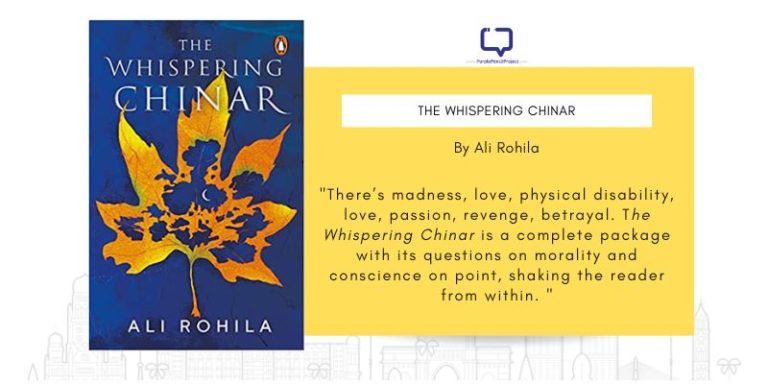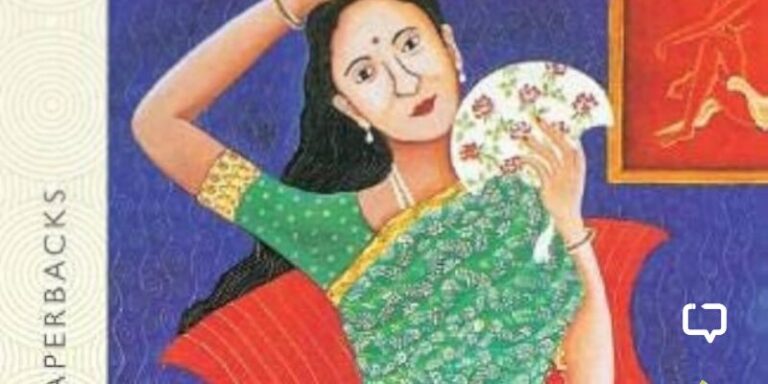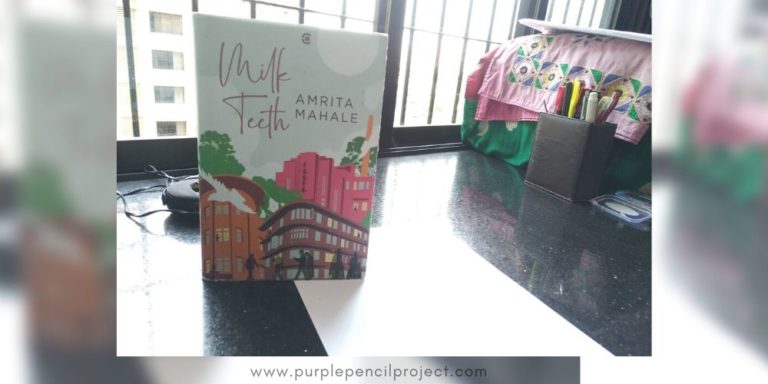‘Imagine a Horizon.’
‘I can’t.’
A simple concept, aye? The furthest point the eye can see, where land, or sea, meets sky. Where the world turns away, leaving your imagination filled with visions of infinite freedom and a new life on the other side.
We encourage you to buy books from a local bookstore. If that is not possible, please use the links on the page and support us. Thank you.
Except the people of Sumer, where The Wall, written by Gautam Bhatia, is based, don’t know what a horizon is. They cannot imagine it. Their world is bounded by a literal wall, one which encapsulates every moment of their life, from birth to death.
Plot points
Like all stories, this one too begins with a group of friends bound by a mutual desire to go beyond the impregnable boundaries of Sumer and explore the world in its entirety. They hope to follow in the footsteps of failed giants, martyrs for an intangible cause whose thought and memory stokes the flames of revolution centuries on. Like the famous saying goes, ‘You cannot kill an idea.’
This is a quest 2000 years in the making, and our band of ragtag misfits have found a way across. Or so they think. Until death finds them and despair squirms its way into their hearts, and they find out the true scale of the task before them.
And that is just the prologue.
The heroes, the motivations
The lead protagonist Mithila’s story is of a struggle against this wall. A struggle against contentment, a struggle to fulfill the yearning to strive for better, to go beyond, instead of spending a life of idle happiness within the borders of Sumer.
Lamon’s story is about trying to breach the self-perpetuating caste system – a necessary evil in a world of scarce resources – for the sake of love. And of balancing duty with love.
Minakshi’s story is about family and survival and of doing what needs to be done. And Garuda casts a long shadow throughout the book.
This is a tale about revolutions. Of hope and of battling a system which is stacked against you.
Conclusion
The Wall is possibly one of the finest debuts by an Indian author I have read. I went in with high hopes after reading the author’s bio, and boy oh boy, he did not disappoint.
From exceptionally detailed world-building (seriously, a working, self-contained ecosystem is not easy to devise) and poetic writing to a plot which is consistently moving forward, dripping with tension, to beautiful one-liners which you keep thinking about long after the book is done, and a convergence which is as revelatory as it is hopeful and heart-breaking, The Wall is a story I would happily recommend to you, dear reader.
Favourite Quote
The Revolution will have all of your soul, or none of it





















